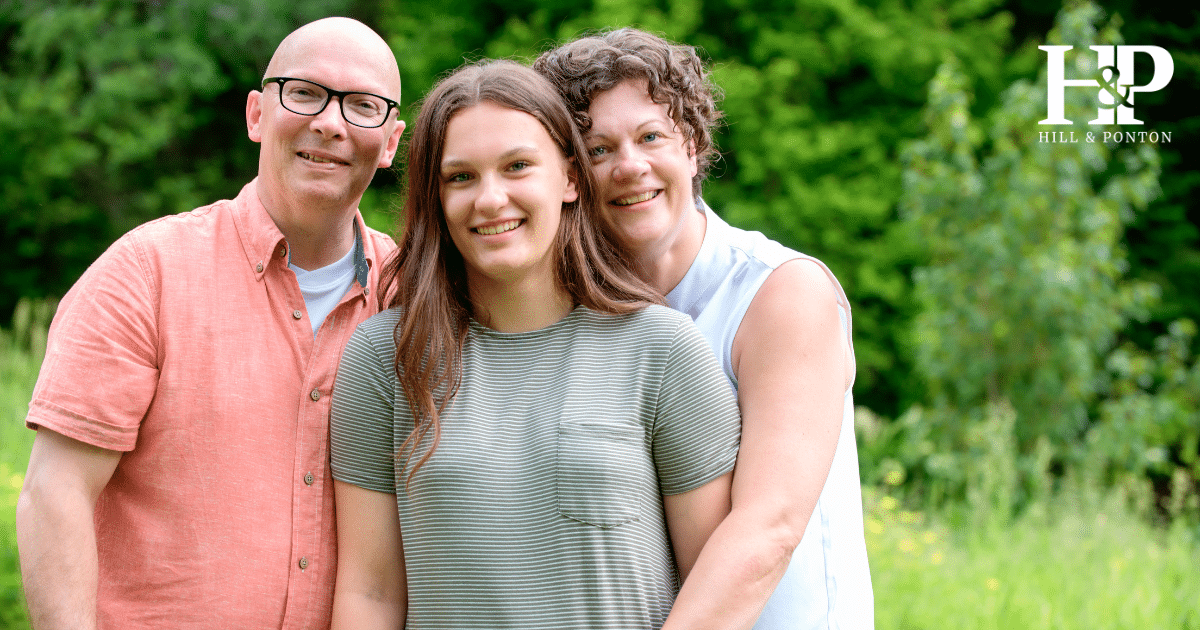Wondering if the child of a veteran who has reached adult age is still eligible for Dependency and Indemnity Compensation (DIC)?
The answer is yes, a grown child of a veteran can get benefits under certain conditions. Here is how to determine if you qualify.
Dependency and Indemnity Compensation (DIC) for Adult Children
DIC is a benefit paid to eligible survivors of service members who died in the line or duty or veterans whose death resulted from a service-related injury or disease. While DIC is primarily reserved for spouses, young children and, in some cases, parents of deceased veterans, adult children are not entirely restricted, though there are some more specific requirements.
For an adult child to qualify for DIC, they must meet one of the following conditions:
- They must be unmarried and become permanently incapable of self-support before the age of 18 due to a disability. This is commonly known as a “helpless child” status, OR,
- They are between the ages of 18 and 23 and enrolled in a VA-approved educational institution.
How Does a Veteran’s Child Establish Entitlement to DIC Benefits?
There are two primary ways that DIC benefits can be granted to survivors of veterans, including grown children.
- Service-Connected Death: The veteran’s death must have resulted in whole or in part from a service-connected disability. If the principal or contributory cause of death is a service-connected disability, DIC is usually granted.
- Totally Disabling Service-Connected Disability: The veteran must have had a service-connected disability that was totally disabling for a certain period before death, typically the last ten years of the veteran’s life.
Minor service-connected disabilities are not typically considered contributory to a death, unless they affect vital organs or were progressive and debilitating. For instance, if a veteran’s service-connected PTSD led to alcoholism, which then caused cirrhosis resulting in death, the death could be considered service-connected.
Other Benefits for Adult Children of Veterans
In addition to DIC benefits, there are other benefits that may also be available to the grown children of veterans.
- Education Benefits: Programs like the Survivors’ and Dependents’ Educational Assistance (DEA) provide education and training opportunities to eligible dependents of veterans. Adult children between 18 and 26 years old can receive assistance for degree and certificate programs, apprenticeships and on-the-job training.
- Health Care Benefits: The Civilian Health and Medical Program of the Department of Veterans Affairs (CHAMPVA) may provide health care benefits to veterans’ children who are over the age of 18 and meet specific criteria.
Vocational Rehabilitation: Vocational training and employment assistance might be available for adult children who became permanently disabled before the age of 18.
How to Claim and Win Disability Benefits
To learn more about filing (and winning!) a VA claim, check out our FREE ebook The Road to VA Compensation Benefits .





